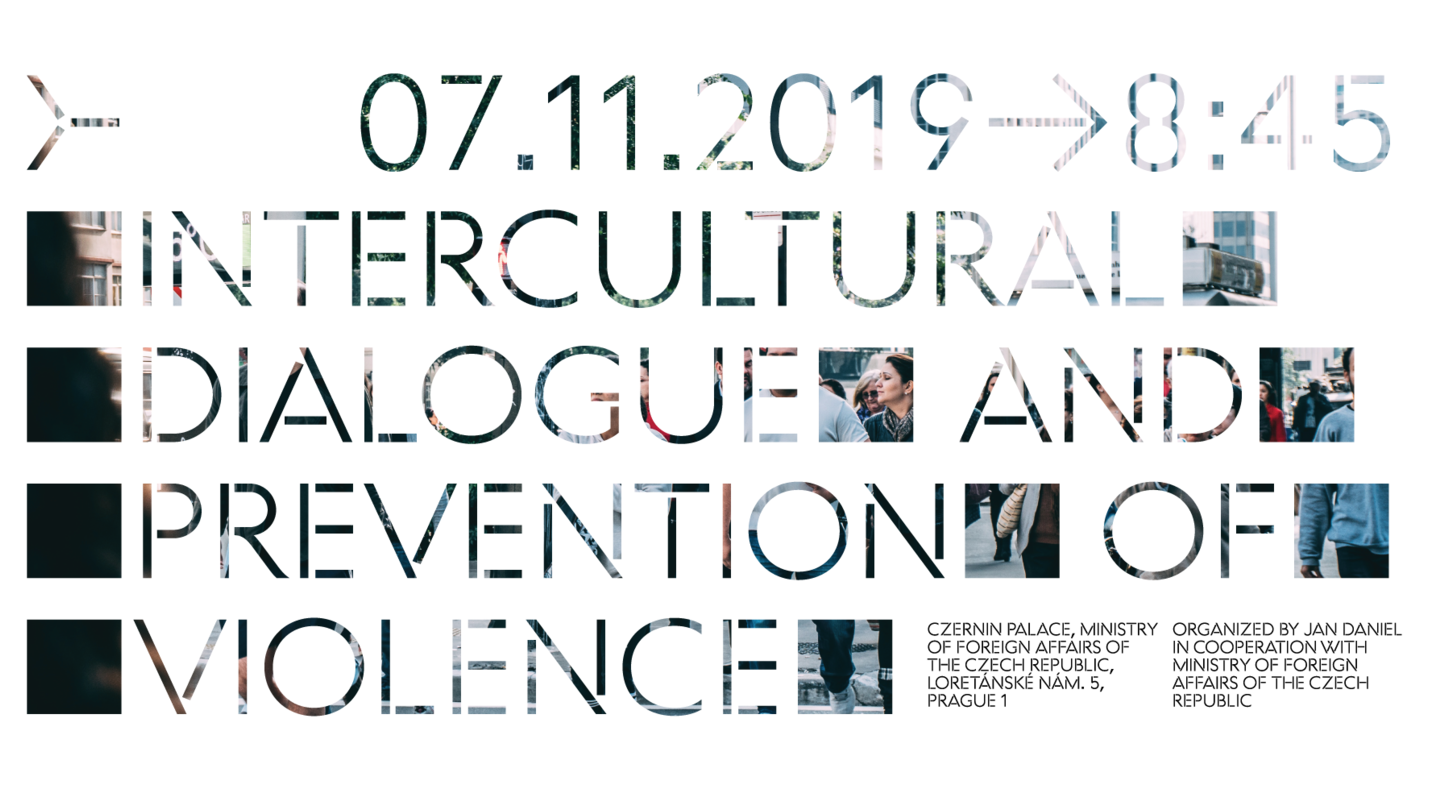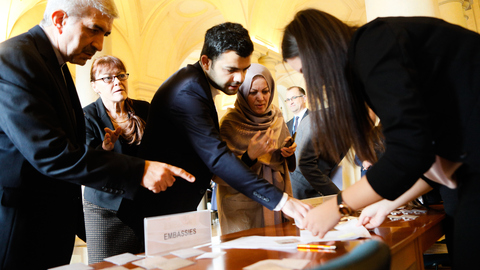
Intercultural Dialogue and Prevention of Violence
The Institute of International Relations is looking forward to hosting this year’s "Intercultural Dialogue and Prevention of Violence" conference. Many interesting speakers and insightful debates are to be expected. This year’s conference will be held on the 7th of November, 2019.
7. 11. 2019 (8:45)
Czernin Palace, Ministry of Foreign Affairs of the Czech Republic, Loretánské nám. 5, Prague 1
Intercultural and interfaith dialogues have become an integral part of political and diplomatic efforts in various parts of contemporary world. They offer means to enhance understanding and prevent escalation of extremism and potential conflicts among different communities, nations, and diverse religious or cultural groups. By their nature, they explore fundamental questions of identity and values, as well as other issues often overlooked by official diplomatic processes. They also foster respect for diversity, in particular with regard to the rights of minority communities.
This conference aspires to feed into the international debate with a perspective from Prague, at this point in time. It aims to provide a platform for sharing specific national, institutional, and personal experience and expertise related to intercultural and interfaith dialogue, protection of human rights and freedoms, prevention of extremism, stereotypes, hatred and violence. The panels will thus explore the use of intercultural dialogue as a policy tool or its potential impact on prevention of violent extremism.
The conference is explicitly welcoming and open to representatives of different religions and faiths and committed to freedom and plurality of opinion and belief. Being united in diversity, sharing the same human objectives, and demonstrating that we have common goals: that should be the right message for the conference to pass on.
Day 1 24/11/2020
Opening Remarks
Panel I: Intercultural Dialogue as a policy tool
Religious actors undoubtedly play many important roles in both domestic and international politics. Fostering mutual understanding, tolerance, preventing radicalization and contributing to protection of minorities through intercultural and interfaith dialogue could represent one of them. However, do policy actors know how to productively reach out to religious actors and do they understand this potential? What factors can increase likelihood of positive cooperation between international organizations, national governments and religious actors? What conditions need to be fulfilled for these initiatives to lead to tangible positive results and what might be the potential hindrances and unintended consequences that are to be avoided? What are the successful examples of mutual collaboration between the states or international organizations and religious actors that we can learn from?
Buffet Lunch
Panel II: Perspectives on Intercultural Dialogue from International Organizations and National Governments
The value of intercultural dialogue has been acknowledged by many national governments and international organizations. The panel seeked to highlight some of the experiences and lessons learned in diverse contexts and by different actors. As such, it aims to answer two interrelated questions: how to make intercultural dialogue work and can we identify most important similarities and differences among various cases and sites as a basis for developing transferable lessons?
Panel III: Intercultural Dialogue and Prevention of Radicalism and Violence
Closing Remarks
Reception (Intercultural Buffet)
Auspice
Ministry of Foreign Affairs of the Czech Republic
